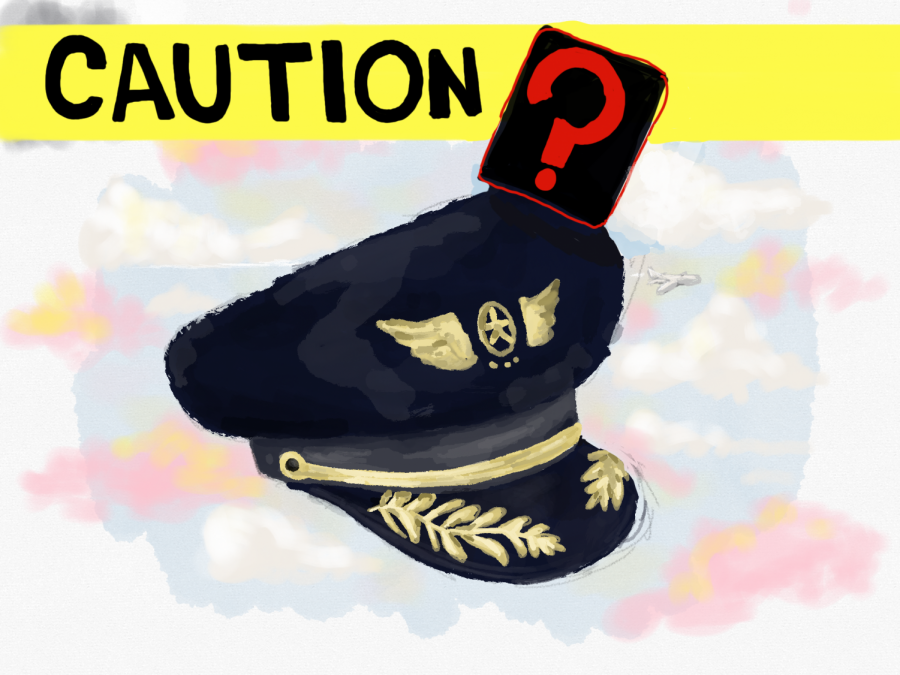Should You Fear Flying?
Breaking down people’s plane-related fears.
As the kid of a pilot, I always had a fear lingering over me: What if something went wrong and the plane crashed and he died? As I’ve grown older and more capable of understanding the job, that fear has subdued for the most part. However, I know a lot of people are scared of flying – here’s why they shouldn’t be:
First, let’s look at the statistics. According to Dr. Arnold Barnett (MIT), a person would have to fly every day for 22,000 years before they would die in a U.S. commercial airplane accident. And in the 81,852,177 flights that occurred in 2016, there were only 31 accidents and zero fatal ones. In fact, from the year 2012 to 2016, 98.6% of the 140 crashes that transpired, in a four year span, there were only two deaths total (a 1.4% chance) – both deaths were in the year 2013. In 2018, the most recent data available, there was a rate of one fatal accident for every 3 million flights. Keep in mind that an accident with only one death is still considered fatal.
My Dad, Matthew Harris, is an airplane pilot who has flown for 17 years and has been a captain for 12 years out of those 17, and in addition to this, he has been a sim instructor for a year. Sim instructors’ jobs are to, in a flying simulation, teach people how to fly planes. In the simulation, they not only practice flying but are also put into situations where they have to think on their feet, keep calm, and apply critical thinking. And let me tell you, there is no way an incompetant person could pass the rigorous training and tests. As Harris stated, “the training is very robust.” Future pilots are pushed to study and work as hard as possible, and if they aren’t ready, it’s unlikely they will be able to pass all the tests. He stated that along with passing the finals, every single airline pilot has to take a “knowledge validation,” “procedures validation,” “maneuver validation,” “line check” (riding in the jump seat to observe someone else), and an L.O.E. (sim line flight check) every year. This means that if a pilot is a horrible one, he won’t be a pilot for very long. This also eliminates the possibility that pilots will forget their training years after they finish.
But let’s eliminate the idea of human error and look at possible technical difficulties of the plane. The fact is that the chance of something catastrophic happening is incredibly low. That said, a lot of people are nervous about engine failure. However, Harris said that “engine failures are exceedingly rare and heavily trained, and frankly not that big a deal.” There are millions of places to land and the airplane is still controllable; it’s not like those cartoons where the plane suddenly nose dives or spirals toward the ground. In fact, pilots have “more than enough time to get to a suitable airport” if an engine fails. If an engine is to fail over a body of water, the pilots will land the plane at one of the numerous designated locations on the way that the captain and dispatcher planned out before taking flight. The reality is that a plane can still fly on one engine, and landing a plane if things get too bad is hard but not as impossible as it seems. If something does end up going wrong, the pilots have it under control, for these situations are what they trained copious amounts for. In the 17 years Matthew Harris has been a pilot, nothing unsolvable has ever occured.
According to a study sponsored by Boeing Commercial Airplane Company, 62% of all people afraid of flying are nervous of bad weather in the air. While it’s true that flying directly into a storm would be catastrophic, pilots would never do this, for it would be “grossly negligent.” Instead, the pilots would navigate around the storm using a weather radar and by communicating with air traffic control, who are all certified to do this job. Changing route isn’t a big deal at all, either, occurring very commonly. If you’re worried about running out of fuel because of a detour, there’s no cause for alarm; pilots always carry extra fuel, especially if they know they’ll have bad weather. Over the course of all commercial plane crashes, only one has ever been a result of stormy weather.
Another factor that scares people is turbulence. However, it’s actually not dangerous at all, and even level three turbulence (on a one to four scale, four being extremely rare) is no cause for concern, for the only thing it does is make exact precision a little harder for pilots. In fact, turbulence is so little a cause for concern that the only reason pilots try to avoid it is for the comfort of their passengers: “Airline pilots work hard to get a smooth flight, not because turbulence is unsafe but simply because of passenger comfort,” Harris said.
In short, there’s no realistic cause for concern when flying. In fact, getting into your car is safer than getting into a plane. So, next time you’re nervous about flying, you can rest easy.




